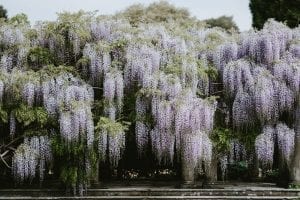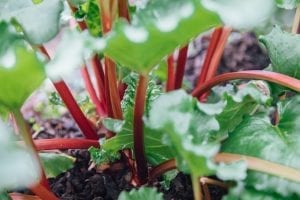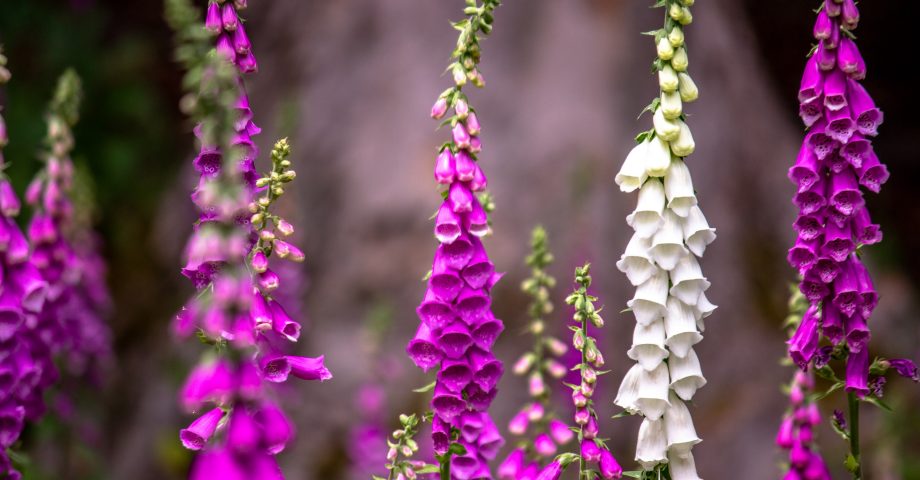9 Guaranteed Facts about Garden Poisons
As beautiful as our gardens may be, they can also be very dangerous! Believe it or not, there may be countless greens in your garden that are toxic to you, your pets, or even some of your other plants! So, it’s probably best to learn more about the poisonous things before they get out of control! Here are some perilous yet fun facts about garden poisons.
1. What are garden poisons?
Although this one may seem a little obvious., it is certainly worth taking the time to truly understand what garden poisons refer to! Simply put, garden poisons are substances commonly found in gardens that can be toxic to humans, animals, or plants if ingested, inhaled, or absorbed through the skin. Basically, they are no-no plants.
2. Where is the poison?
One of the trickiest things about garden poisons is that they may not be where you assume! Some plants contain toxic compounds in various parts, such as leaves, stems, flowers, or seeds.
3. There’s a few poisons hiding in plain sight.
Some of the most common garden poisons include oleander, foxglove, castor bean, and certain species of mushrooms. There are also plants such as rhubarb, where we commonly eat the stem, but did you know that the leaves are highly toxic and even deadly to humans when ingested?

4. It’s not just natural nasties you’ll need to look out for.
Garden poisons don’t also have to refer to the natural things in our gardens. For example, certain pesticides and insecticides can be poisonous if not used properly. It is essential to follow the instructions carefully when using such products to avoid causing yourself, or your loved ones (or indeed your garden) any harm!
5. Fertilizer, too, can be toxic.
Fertilizers and soil additives can be just as harmful as natural garden poisons if ingested or if their application exceeds recommended quantities! Keep them well out of reach of kids and any pets, and always read their instructions carefully, too.
6. You’ll never forget an elephant ear…
Elephant ear plants, otherwise known as dieffenbachia, are infamous for being just as deadly as it is striking. This garden favorite can potentially cause severe swelling if you dare to touch it – and that also means you should avoid eating any at all costs!
7. Even tobacco packs a punch.
For all that smoking tobacco carries plenty of health drawbacks, the plant itself is also extremely deadly. Its leaves are highly toxic to digest, and nicotine – which, of course, makes its way into cigarettes and cigars – is one of several toxins in the plant. Believe it or not, tobacco is said to be the most toxic plant on the planet, claiming more lives than any other over a year.
8. Even some festive blooms can cause you harm…
If you’re a fan of colorful poinsettia plants when the holiday season rolls around, you might be surprised to learn that it’s a common garden poison. In particular, you’ll need to watch out for the plant’s sap, which can cause stomach problems if ingested. You’re unlikely to die from ingesting a little, but your pets and small children may be at risk. Keep them locked away!
9. The festive frights keep coming!
Poinsettia isn’t the only Christmas growth that’s likely to cause you harm if you’re not careful. Mistletoe, while highly romantic as a gesture, has hallucinogenic properties! It’ll likely cause a stomach upset if ingested, so try to keep cats, dogs, and kids away from it wherever possible.

FAQs about Garden Poisons
What is the strongest plant poison?
Many consider oleander to be the most poisonous plant found in certain gardens and maybe even the world! All parts of the plant contain several types of poison, some of which are lethal!
What plant kills the most humans per year?
It is believed that deadly nightshade kills the most people per year, though if you take smoking nicotine into account, it’s the tobacco plant!” You will see signs for them before you come across them, so you can come off those roads if you don’t want to pay! You can also program your GPS to avoid those roads.
Further reading:
https://factcity.com/tag/Gardening
https://www.goodhousekeeping.com/home/gardening/advice/g1174/deadly-poisonous-plants/
https://www.rhs.org.uk/prevention-protection/potentially-harmful-garden-plants
Do you know any fun facts about garden poisons? Share them in the comments below!
This page was last modified on July 27, 2023. Suggest an edit







